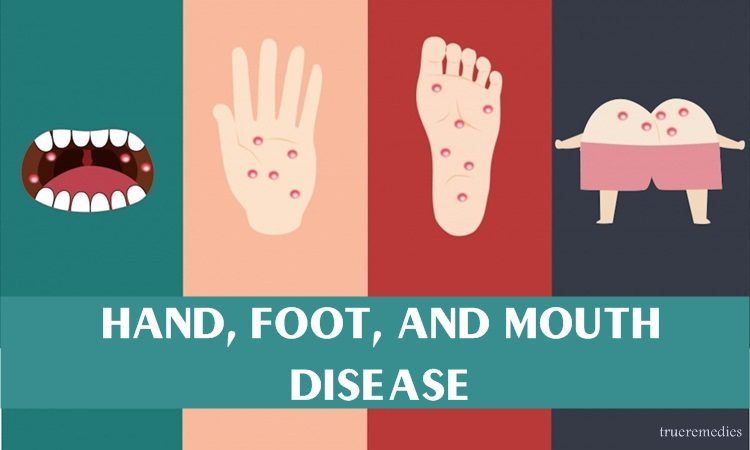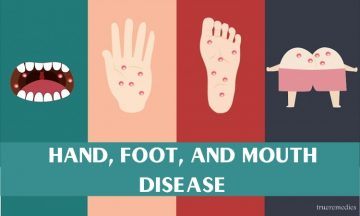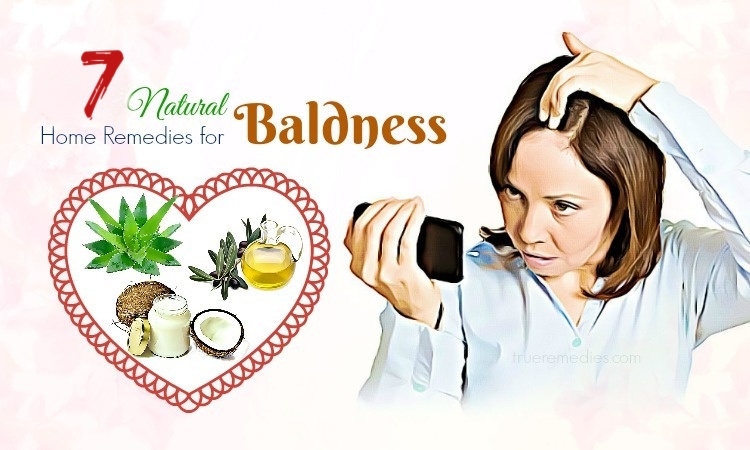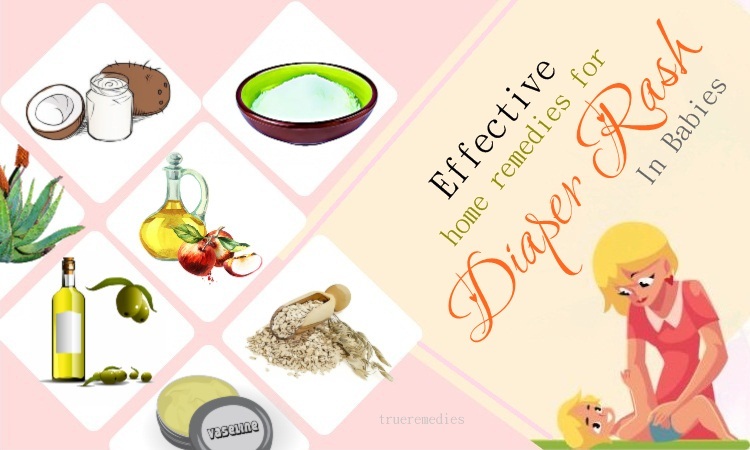Table Of Contents
Hand, foot, and mouth disease in children has been common over the past few years. Anyone can catch this disease, but children under 10 are more likely to suffer from it. TrueRemedies would like to provide some information about its symptoms, complications and we also suggest some prevention for parents. Continue reading until the end of this article because it may be very helpful to you and your children.
- Chickenpox FAQs & Experts’ Answers For Parents
- 14 Silent Signs Of Eating Disorders In Children 12 And Under
- 12 Worst Foods For Your Kids’ Health (This article was medically reviewed/fact checked by Dr. Annie Markowitz)
Hand, Foot, And Mouth Disease In Children And What You Should Know About It
I. What Do You Know About Hand, Foot, And Mouth Disease?
This disease is a highly contagious illness common in young children. It’s often caused by an enterovirus. The virus can go from a person to another person through direct contact, saliva, stool and respiratory secretions. This disease is characterized by blisters in the mouth and a rash on the hands and feet.
II. Symptoms Of Hand, Foot, And Mouth Disease
- Fever (temperature higher than 38 degree Celsius)
- Sore throat
- Poor appetite
- Painful and red sores on the tongue, gums and inside of the cheeks
- A red rash on the feet and hands (usually not itchy)
- Irritability
- A feeling of being unwell
Patients often get the symptoms after three to six days from the initial infection. A fever and a sore throat are usually the first signs of hand, foot and mouth disease. Other symptoms such as sores in the mouth or a rash on the hands and feet will appear in one or two days after a fever.
Because of painful mouth blisters or sores, some people, especially young children, will not consume enough liquids for their body.
III. Complications Of Hand, Foot, And Mouth Disease
Hand, foot, and mouth disease may lead to dehydration. The illness can result in red sores in the mouth and throat. Your child may feel difficult and irritable when swallowing.
It is a mild disease that will go away in several days of fever and other signs. It is rare for this illness, causing complications, such as:
TrueRemedies Partner Solutions

Need a Help from the Leading Expert Online, Available 24/7?
They’re all here and ready to answer your questions online or by phone. Keep asking questions until you get the answer you need.
- Viral meningitis. This is an inflammation of the lining of the brain and spinal cords.
- Encephalitis. This is an acute inflammation of the brain.
IV. Risk Factors
Children under five years old have the highest risk of suffering from hand, foot and mouth disease[1]. Children usually build up immunity to the disease when they grow older by creating antibodies after being exposed to the virus that causes hand, foot and mouth disease. Nevertheless, adolescents and adults may still catch this illness.
V. What Are The Possible Treatments For Hand, Foot, And Mouth Disease?
You must ask your doctor before allowing your children to take any medication. Your doctor may give some treatments to alleviate signs and symptoms.
- Prescription or over-the-counter topical ointments to ease rashes
- Acetaminophen or ibuprofen to relieve headaches
- Medicated syrups to make sore throats less painful
There are also some home remedies for your children that you can try:
- Drink cool water
- Avoid citrus fruits, fruit juice, and soda
- Avoid salty or spicy foods
VI. Prevention Tips
- You should wash your hands carefully, especially after going to the toilet and before eating. If you always have to go out, remember to keep a dry cleanser in your bag. Besides, it is important for parents to teach their children how to keep them clean. They need to instruct their children to wash their hands with soap thoroughly after playing outside.
- Disinfecting common areas is necessary on a regular basis. You should usually clean high-traffic surface with soap, a solution of chlorine bleach and water. Toys are also need cleansing because the virus can live on these objects.
- If your children experience hand, foot, and mouth disease, it is better for them to stay home. This is because this illness is highly contagious. When all the symptoms and signs disappear, your child can be back to the childcare centre or school.
Hand, foot, and mouth disease isn’t a serious condition. However, you still take it into consideration as it is very common in children. This illness may make your children irritable and lose appetite. We hope that all the information above is helpful to you. If you want to learn more about other common diseases in children, let’s visit our page Parenting. We will not make you disappointed.









